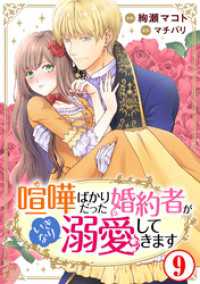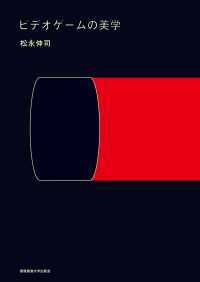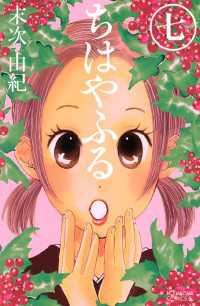- ホーム
- > 洋書
- > ドイツ書
- > Social Sciences, Jurisprudence & Economy
- > Politics, Society, Work
- > political science
Description
(Short description)
Der vorliegende Band dokumentiert und analysiert kritisch die zeitgenössische Dichtung im dynamischen Feld der kulturellen Inszenierung in Bosnien und Herzegowina seit den späten achtziger Jahren. Der Analyserahmen umfasst drei historisch-politische Phasen: erstens, die Phase des Verlusts der Vorherrschaft des Sozialismus und des dominanter werdenden Ethnonationalismus; zweitens, den darauffolgenden Zusammenbruch Jugoslawiens und den anschließenden Krieg unter Führung ethno-nationalistischer Eliten und drittens, die Periode der Nachkriegszeit, die sogenannte Nachkriegstransition. Die Publikation richtet sich an Wissenschaftler und informierte Leser und zeigt alternative Identitätsmodelle in Bosnien und Herzegowina auf.
(Text)
The book documents and critically evaluates contemporary poetry within the dynamic field of cultural production in Bosnia and Herzegovina since the late 1980s. Its context spans three historico-political phases: firstly, the cusp on which socialism was already losing its primacy and ethno-nationalism was gaining dominance; secondly, the subsequent collapse of Yugoslavia and the ensuing war led by ethno-nationalist elites; and thirdly, the period of the aftermath of war - the so-called "post-war transition".
This new approach to thinking about poetry in Bosnia and Herzegovina focuses on alternative cultural practices, which have articulated a more equitable organisation of Bosnian society. Such practices have the capacity not only to tell us how unfree we are, but also to shift the criteria of possibility of our freedom towards a more hopeful politics.
Dr. Arsenijeviæ's knowledge of and passion for his research in cultural and literary studies and his art-theory political interventions shed scholarly light on the terror of inequality, the solidarity of unbribable life, relevant knowledge production, and material memories of war and genocide. He works throughout former Yugoslavia.








